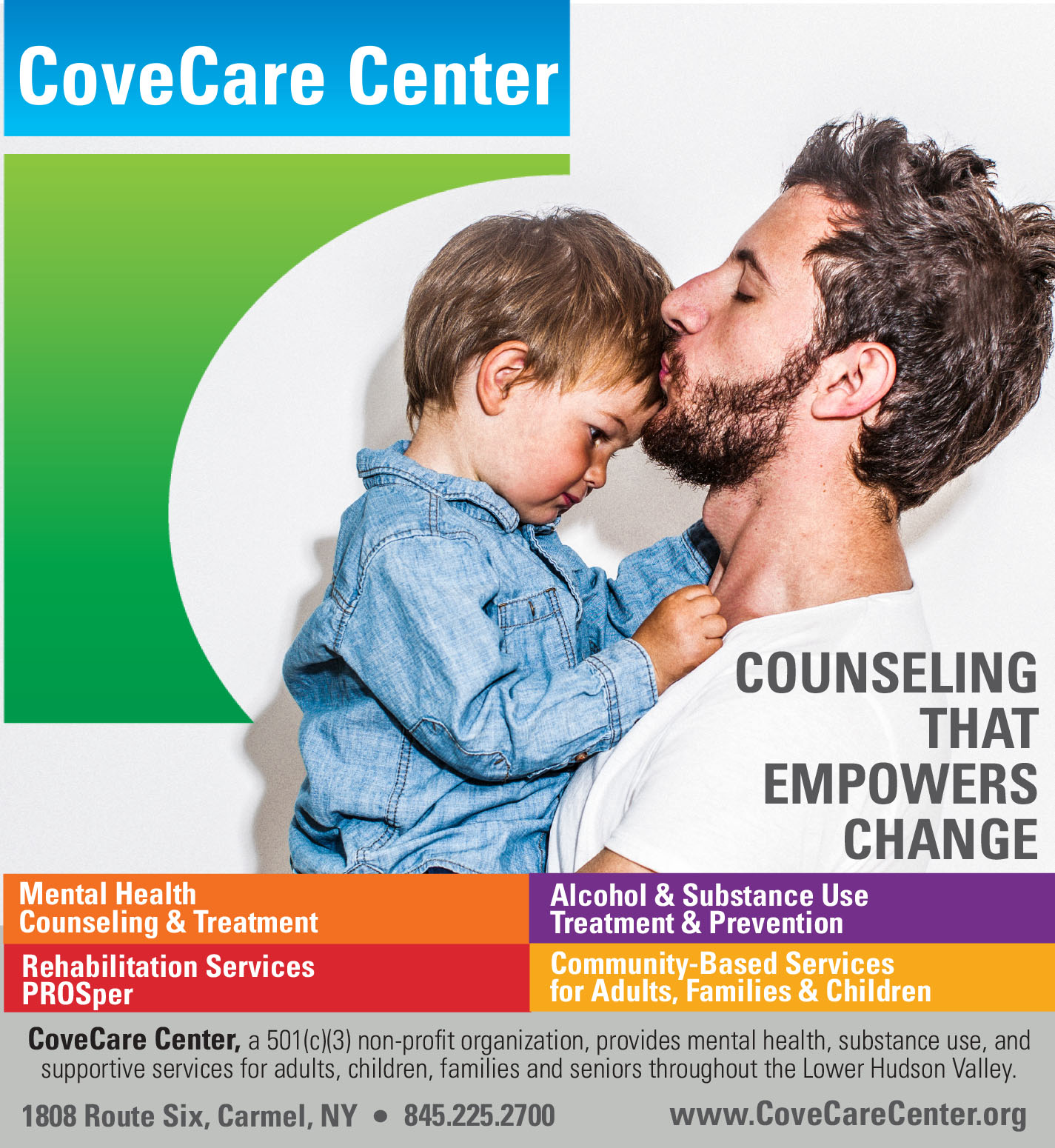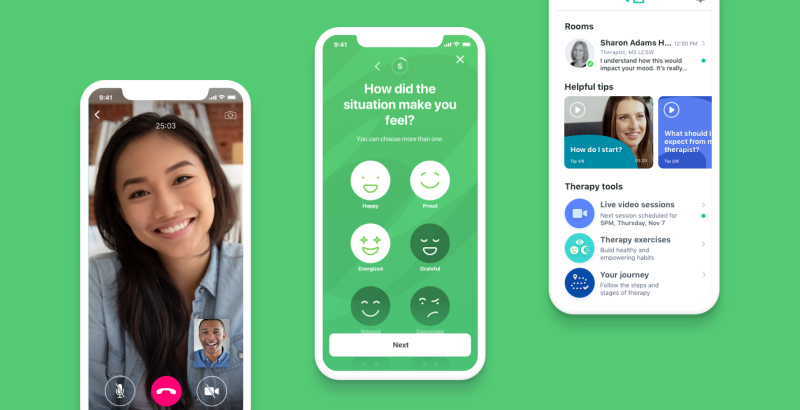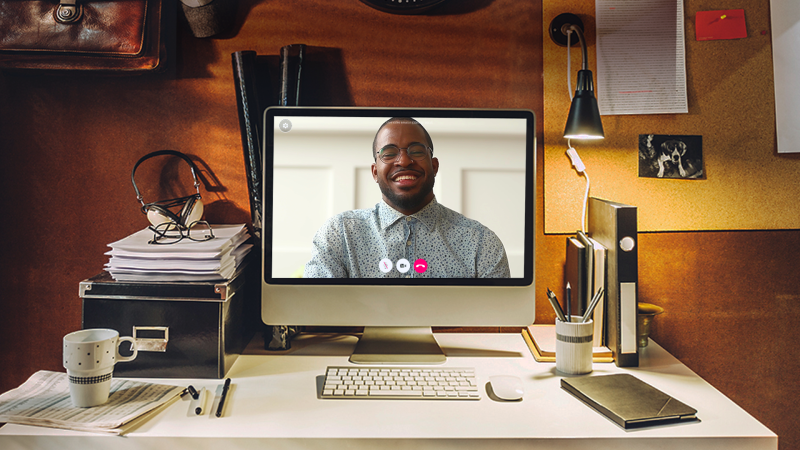Mid-Hudson's Mental Health Check-Up
News Based on facts, either observed and verified directly by the reporter, or reported and verified from knowledgeable sources.
A look at the local needs and resources of psych services in our post-pandemic era.

Good morning! Today is Tuesday, December 21, and you are reading today’s section of Examiner+, a digital newsmagazine serving Westchester, Putnam, and the surrounding Hudson Valley.
A message from our Publisher:
Given the unspeakable human toll, it’s always delicate to detail the unintended positive consequences of the pandemic. The harsh impact on mental health is part of that terrible toll. But the severe strain on the world’s emotions, all at once, did seem to help destigmatize the notion of people seeking help when grappling with mental discomfort. It was particularly helpful when professional athletes — lionized by society as figures of supreme mental toughness — came forward to reveal their own struggles, highlighting how treating our minds and flexing our muscles, figuratively and literally, do not stand in conflict. In today’s News + Issues section of Examiner+, reporter Sherrie Dulworth explores local mental health needs and resources as we continue to live through these uncommon times. I hope you find it informative.
Best,
Adam
Today’s Examiner+ is sponsored by Greca Mediterranean Kitchen+ Bar in White Plains.


The past eighteen months have been one of the most intensely busy times in her past twenty years of counseling practice, observed clinical psychologist Dr. Jennifer Naparstek Klein, PsyD. “The number of people calling has grown exponentially,” Klein says. “Everything feels like it is on steroids.”
Klein, the clinical director for The Counseling Center in Bronxville, says the requests for help cross multiple demographic groups. “Students have struggled, couples, elderly people, people who live alone, parents with small children,” she states.
The uptick in requests for mental health visits is one clue to how the COVID-19 pandemic has exacerbated underlying mental health issues like anxiety and depression— and how it has likely caused some new, previously non-existent conditions.
The impact of COVID-19 goes beyond the dangers of physical infection; the wake of the pandemic is creating havoc with our psyches.
Hudson Therapy practice co-owner Dan Fellows, LCSW, is also experiencing significant demand for services. Their nine-therapist practice has locations in White Plains and Beacon. Fellows says, “There is a lot of anxiety due to just the unknown and lack of control. There are people who might have needed help before, and COVID brought issues to the surface.”
At Putnam County’s CoveCare Center, CEO Eric Toth, LMSW, says, “We are seeing an incredible amount of need for our services. There has been no decrease in calls.” The clinic treats patients who have mental health or substance abuse disorders. Toth notes that the two conditions may overlap and that it is important to treat the whole person. Referring to alcohol and drug use and abuse, he notes, “We are seeing increases in relapsing.”
Toth explains, “We’ve gone through a community trauma. There has been a loss of a feeling of safety and connectedness. COVID did that to everyone and that is ongoing for some people.”
As is often seen with other traumatic events, the psychological effects of the pandemic were being felt intensely even as we saw a brief lessening of the storm. Now, the recent surge in new cases due to the Omicron variant comes at a time of already frayed feelings and a mental health system that is stretched for resources.
IS THERE A THERAPIST IN THE HOUSE?
Pre-COVID, many mental health practitioners had already opted out from accepting insurance. Their patients either self-pay or pay and then file for reimbursement with their insurance company if that is an option.
In the absence of insurance, many providers will accept a sliding scale from patients based upon their level of income and need. The Catch-22 is that patients who have insurance and who want or need to use that for payment may be limited to therapists who are in their plan’s network and that smaller pool of options increases the wait times for new patients.
Like the ubiquitous “help wanted” signs that pepper today’s businesses, the demand for therapists simply outweighs the supply. Toth says, “It would be great if people understood the workforce challenges.” He explained that low insurance reimbursement rates can be a challenge for non-profits to afford new staff hires, even when they can be found.
The option for virtual visits even among traditional office-based practices has eased some of the wait time burden, offering patients and therapists more flexibility by not being restricted to in-person office visits.
Virtual visits may not be feasible for everyone. For instance, some people lack access to privacy and are concerned that during a virtual visit, their family members or housemates might overhear conversations, while others are simply uncomfortable using technology. On the flip side, being in their own home instead of a professional office space may be more comfortable and less stilted for other patients.
At present, Hudson Therapy still holds all its sessions virtually, while The Counseling Center uses a hybrid of in-person and virtual sessions. CoveCare’s patients can meet with therapists in person, electronically, or come to the clinic and connect virtually while being in a private office.

When it comes to medication management, some treatments can be done remotely while others require in-person intervention. For instance, long-acting antipsychotic medication injections must be done in-person. There are elements of addiction medication management that many people prefer to do in person, but that can also be done remotely if needed. Toth says that in response to client needs, CoveCare recently implemented the ability to initiate treatment for opioid addiction with buprenorphine therapy, and that can be done on-site or remotely.

Klein notes that electronic therapy is difficult for children who are under ten years old. Much of their therapy is done while therapist and child engage in playtime, even sitting on the floor together playing with toys in a non-threatening situation while talking. She said, “Zooming was so makeshift. My neck started to hurt from leaning in so much to focus on the video.”
Fellows, along with his wife and practice co-owner Ashley Fellows, LCSW, are in the process of creating a Westchester directory that will help patients find therapists who match their needs. He expects that online resource to be ready next spring.
FURTHER BEYOND BRICKS AND MORTAR
Dr. Amy Cirbus, Ph.D. moved from New York City to Orange County a few years ago. That relocation prompted her to explore new career options. She first joined Talkspace, an online and mobile therapy company, as a contracted therapist in 2015.

At first, many of Cirbus’s colleagues responded skeptically regarding her joining a behavioral health model. They asked her, “Why in the world would you do that?” Telehealth had already become been established as a useful alternative to filling some urgent, but not true emergency care needs, especially in the off-hours — but this pure behavioral and more mobile model was newer.
In 2018, Cirbus joined the company as its Director of Clinical Content. Noting the growth in telehealth therapy in just the past few years, she says, “We’ve come a long way.” This past In January, Talkspace announced a merger with Hudson Executive Investment Corporation to become a publicly-traded company.
Today’s supporting sponsors are the Town of Yorktown…

…and the Peekskill Business Improvement District.

Some insurance plans have added telehealth to their benefits package. Talkspace’s therapists can be located anywhere in the country, but they must be licensed in the state where the patient lives. A spokesperson for Talkspace cites they have more than 300 licensed and credentialed therapists who can practice in New York.

After they complete an assessment, potential patients are presented with the credentials and expertise, photo, and a video clip of three therapists who are a match for their stated preference and needs. If they don’t like any of those options, they can opt for three more.
Talkspace has several subscription packages, and their clients choose the option that works best for them, whether unlimited messaging back and forth with the therapist — through written, audio, or video exchanges — or one that includes live video or live chat options, in which they can meet with their therapist virtually, but in real-time.
Is a digital connection as effective as in-person counseling? Research from clinical journals cited on Talkspace’s homepage avows that is on par with, or better than, traditional therapy, and more convenient. Regarding the virtual patient-therapist relationship, Cirbus observes, “That therapeutic relationship is care, and that’s still intact.”
She said that another advantage is faster access to psychiatric evaluations and medical management. Non-physicians, like many mental health counselors, cannot prescribe medication so if that is needed, the patient must be seen by a medical doctor. “The bane of my existence used to be getting a patient in to see a psychiatrist for an evaluation. It used to take months,” she says.
SELF CARE FOR THE LONG HAUL
A recent article published in Columbia Magazine titled “The Mental Weight of COVID-19,” suggests that when it comes to population mental health issues, we are in it for the long-haul, citing, “Data from more recent, more limited, or more local disasters suggests that the demand for psychological support, whose use soared during the worst of the pandemic, will continue for months, if not years.”
The NYS Office of Mental Health’s initiative, NY Project Hope-Coping with COVID, has crisis counseling that offers support, education, and referral information to residents who have been impacted by COVID-19. According to a spokesperson for the program, the crisis counselors can provide the names and contact information for other services (e.g., housing supports, food pantries, clinical services), but they cannot contact those services directly or set up appointments or provide information to those providers of services.
Toth emphasizes that people shouldn’t hesitate to ask for outside help. “There’s no shame in that.” He added, “Sometimes people have expectations that they should be doing more. Give yourself time and give yourself a break.”
When it comes to dealing with uncertainty, Fellows advises, “We are not going to get rid of the anxiety. Don’t fight it. It’s more about acceptance. Focus on the now — stay present and ask yourself, ‘What do I know to be true now?’ instead of projecting into the future.”
Noting that gratitude is a healthy way to stay present, Fellows says some silver linings emerged amidst all the recent turmoil: people have had more time to spend with their children; some people have gained more empathy. “I think gratitude is really important at times like this. Gratitude can help us live better with uncertainty,” he says. “Ask, what am I grateful for?”
Klein remarked that languishing is a term that resonates with the blah feeling that many people are experiencing, referencing a recent popular New York Times news article. “Therapy can help them think through how to adjust,” she states.
She says that when some new patients call, they say, “I know I’m not one of the people who lost a loved one or had COVID, but…”. Klein emphasizes, “We have all made adjustments over the last year and a half. There is a normalcy to feeling unwell right now and people should not feel guilty about asking for or expressing the need for help.”
Sherrie Dulworth is a lower Hudson Valley freelance writer whose stories range across healthcare, careers, literature, and human interest. She often finds tranquility with her nose in a book or her feet on a hiking trail, but not simultaneously.
We hope you’ve enjoyed today’s section of Examiner+. What did you think? We love honest feedback. Tell us: examinerplus@theexaminernews.com

Examiner Media – Keeping you informed with professionally-reported local news, features, and sports coverage.


